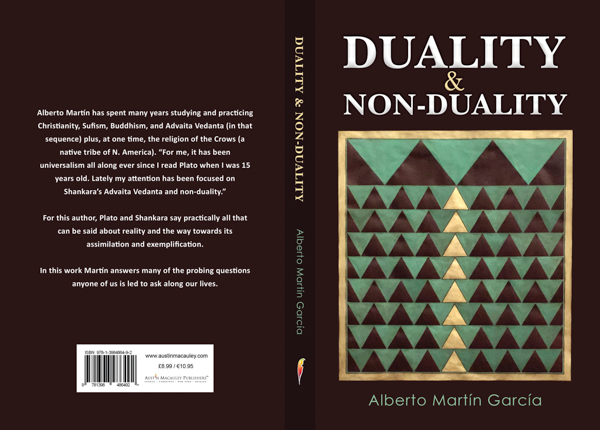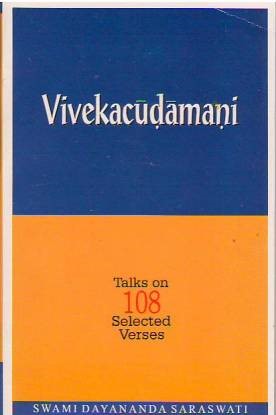Just a brief notification that all my E-books are available at 50% off from the publisher’s website – a ‘Christmas Sale’ to promote their venture into E-commerce. Not all have been published as E-books but I can’t immediately say which.
Go to https://www.johnhuntpublishing.com/our-books/jhp-books/, or click on the direct link below, select your books and enter the discount code FESTIVE50 at checkout. (Note that my latest ‘Confusions’ book was not published by John Hunt.)
P.S. I have now managed to log in to the publisher database. I was surprised to find that only two of my books are not available as E-books. So you may obtain the following at 50% off:
Book of One (2nd edition)
Back to the Truth
Advaita Made Easy
A-U-M
Answers to the Difficult Questions
Sanskrit for Seekers
Western Philosophy Made Easy
Time For the Wind





